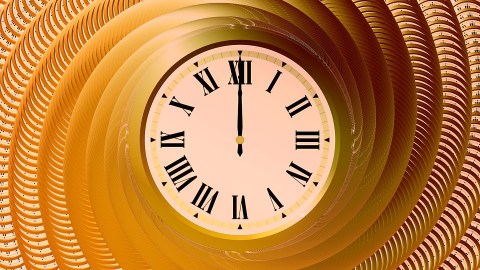Different Personalities Experience Time Differently

Updated May 13, 2015
Type-A and type-B personalities experience time differently, according to a study that looked at why some people arrive habitually late to appointments. When small differences in how time is measured internally add up over many minutes, personality helps explain why some individuals tend to be more punctual than others.
“It’s estimated that the US loses $90 billion each year as a result of people running late.”
In the study, conducted by Dr. Jeff Conte, an associate psychology professor at San Diego State University, participants were given personality assessments, then some were placed into the type-A category — those who are fast-paced, achievement-oriented, and hostile at times — and others into type-B — who are more laid back and tend to arrive late.
“One of the most obvious and common reasons that people are frequently late is that they simply fail to accurately judge how long a task will take – something known as the planning fallacy. Research has shown that people on average underestimate how long a task will take to complete by a significant 40 percent.”
Across three different trials, type-A individuals estimated that a minute had gone by in 58 seconds while their type-B counterparts judged each minute to last 77 seconds. Being habitually late, in other words, is less a matter of time management than it is an overall outlook we have on the world around us.
Sam Gosling, professor of psychology at the University of Texas, Austin, confirms this. Even people who make conscious efforts to change their organizational or time-keeping habits find it extremely difficult to make permanent adjustments.
Read more at Science Alert
Photo credit: Shutterstock





